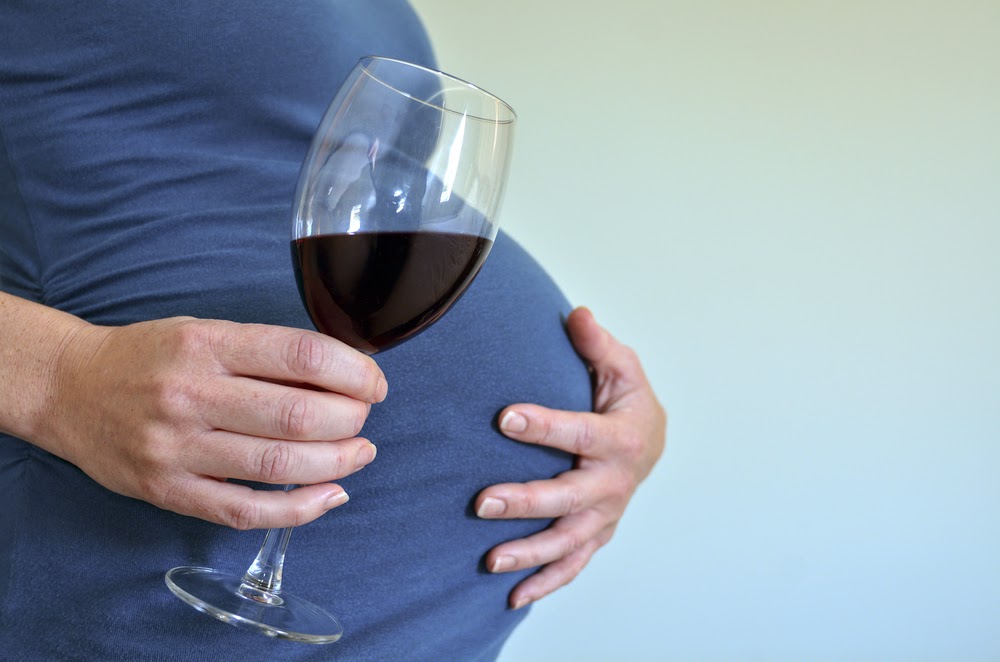A recent study by researchers at West Virginia University uncovered that a striking number of newborns are exposed to alcohol up to four weeks before birth. The new findings appeared in the journal Pediatric Research.
For West Virginia researchers, the objective of the study was to probe the prevalence of prenatal alcohol exposure among newborns. Over 1,700 newborns were examined. The investigation comprised of blood samples containing phosphatidylethanol (PEth), which were used to identify biomarkers of alcohol exposure over the preceding two to four weeks of usage.
As noted by researchers, the recognition of alcohol use among the participants was attributed to binge drinking behavior, with minimal consumption to meet criteria measured at a couple of drinks a day.
Examining the levels of PEth from the blood samples and data from a surveillance tool on infants, researchers determined that nearly 8 percent of births was associated with alcohol use during the final state of pregnancy, consistent with the PEth levels measured in the samples.
In the findings, researchers also concluded that maternal smoking was evident among the same cases of prenatal alcohol exposure. As a result, infants were more likely to be born in a span of less than 37 weeks and consequently of low birth weight.
“Alcohol exposure during the last trimester is associated with a range of developmental problems that may not be overtly expressed as cranio-facial deformities, but when these children go to school, you see that there are learning, cognitive, behavioral and so many other deficits – from memory to communicating, socializing and performing daily life skills,” said Amna Umer, the study’s co-author.
“The early detection of prenatal alcohol exposure and early diagnosis of fetal alcohol spectrum disorder means that interventions can be targeted at an earlier age to reduce the cognitive and behavioral deficits in later life,” Umer concluded.


